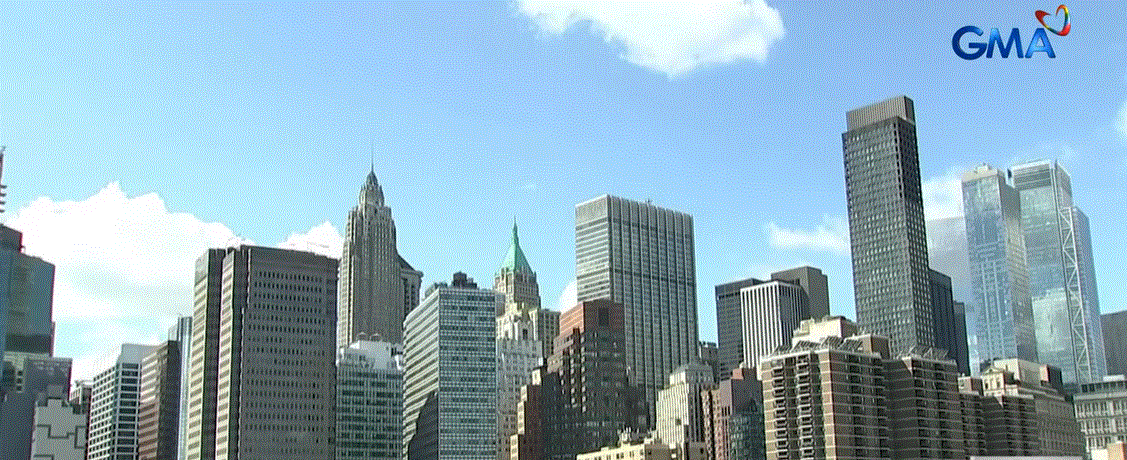US green card a privilege, not a right, PH ambassador says

Amid the Trump administration's hardline stance on its immigration policy, Philippine Ambassador to the United States Jose Manuel Romualdez said that having a US green card is a privilege—not a guaranteed right—which can be revoked.
"Even if you are a green card holder, as explained by the State Department, it's a privilege granted to you. It means you can live in the United States permanently, but again, it's a privilege, not a right. So they can revoke it," Romualdez said.
He made these remarks after GMA Integrated News inquired about a Filipino-American green card holder who was reportedly detained by US Immigration and Customs Enforcement (ICE) upon returning to America from a vacation in the Philippines.
The ambassador confirmed the incident and stated that the detention might be related to a previous legal issue involving the individual.
"She returned to the United States, and her past case—which I think occurred in 2001—came up. But as I said, in these situations, there's always an exchange of information among all the agencies in the US. That's why I always tell our fellow countrymen to be prepared for anything," he said.
According to a report from Hawaii News, the detained Filipino-American came to the US 50 years ago. She was on her way home to Seattle when she was stopped at customs, her niece was quoted as saying.
The Philippine Consulate General in San Francisco, California has issued a statement saying that it is ready to offer financial and legal support through its Assistance to Nationals program for a 64-year-old Filipino woman who was apprehended by U.S. Customs and Border Protection upon her return from a vacation in the Philippines.
She is currently being held at the Northwest Immigration and Customs Enforcement Detention Center. She is a green card holder who reportedly arrived in the US 50 years ago.
In view of her green card status, Romualdez was asked what Filipino green card holders in the US should do to prepare for similar incidents, especially when returning from the Philippines.
He replied, "Well, it's not just about the laws in America regarding immigration. If you have permanent status, it means you are genuinely living here. We know many people want to be here while they're actually in the Philippines. But what's really important are your ties. If it appears that your connections are stronger in the Philippines, then why should you have permanent status if you're not really here?"
Romualdez added, "Green card holders, as I said, are similar to work permits. They can expire. There are many rules surrounding green cards. You need to be in the United States for at least six months and pay your taxes. There are many such requirements, which are standard for any country. So we need to learn from this and always follow the rules. We can't keep trying to find a way around things anymore."
Over the weekend, Romualdez reiterated his call for US-based Filipinos who may be affected by the Trump administration's mass deportation policy to immediately consult with immigration lawyers to know how they can possibly legalize their stay in the country.
This developed as US government moved to revoke the temporary legal status of 530,000 Cubans, Haitians, Nicaraguans and Venezuelans in the United States, effective April 24, 2025.
Meanwhile, Filipino-American and Bergenfield, New Jersey Mayor Arvin Amatorio, who is also an immigration lawyer, has advised undocumented individuals with criminal cases, arrest warrants, or deportation orders to voluntarily return to the Philippines since there is no guarantee that they will not be arrested. — VDV, GMA Integrated News




